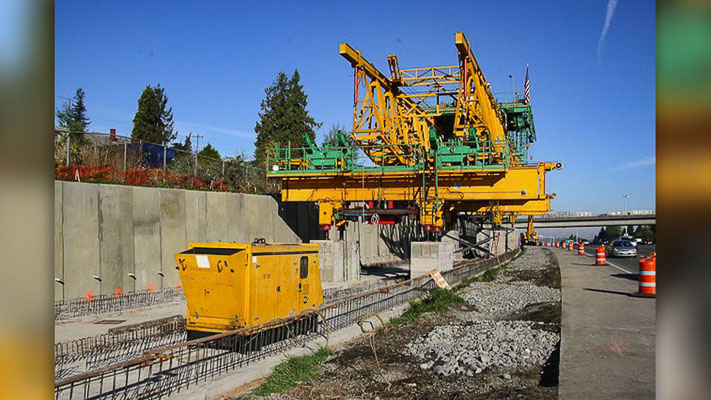
‘Telling low-income people to rely on transit while high-income people drive cars is also inequitable because cars are so much more efficient’
Danny Westneat, a columnist for the Seattle Times, openly wonders why Seattle is building so much light rail when we seem to be entering “an era of ‘untransit.’” He quotes a Stanford law review article saying that Zoom is “the modern equivalent of the streetcar — a technological advance that will profoundly alter land use.”
Instead of altering their plans, however, transit agencies and transit advocates are busy trying to figure out how to justify increased subsidies for decreased ridership. Many of them are hoping that “equity” can be the issue that tips the balance in favor of more subsidies.
A group called Elevated Chicago thinks that equity demands more transit subsidies and more subsidies to high-density development near transit stations. I wonder what that group thinks about the fact that more than 70 Chicago Transit Authority workers made more than $200,000 last year, and one made more than $300,000. How equitable is that?
Meanwhile, Streetlight has published a report on how to ensure equity in transportation. At first glance, the report is about all kinds of transportation, but the only examples given are public transit.
Get this straight: transit is the most inequitable form of transportation we have because most of the taxes used to subsidize it are regressive and less than 5 percent of low-income workers rely on transit to get to work. That means 95 percent of low-income workers are disproportionately paying for transit rides they aren’t taking.
Telling low-income people to rely on transit while high-income people drive cars is also inequitable because cars are so much more efficient, costing less and getting people to destinations much faster. The real issue transportation equity is that about 7 million low-income households lack access to an automobile. Those who sincerely care about equity should devote less effort to transit and more towards getting more low-income people into cars.
If the $64 billion spent subsidizing transit in 2020 were spent on helping low-income people buy cars, it would have been enough to give every carless low-income family more than $9,000 towards a car. I don’t advocate that, but for a lot less money we could give people low-interest loans to buy a car, thus giving them access to the same economic opportunities that everyone else has.
The Antiplanner is an economist with 45 years of experience critiquing public land, urban, transportation, and other government plans.
Also read:
- POLL: Why did voters reject all three tax proposals in the April 22 special election?Clark County voters rejected all three tax measures on the April 22 special election ballot, prompting questions about trust, affordability, and communication.
- Opinion: The war on parental rightsNancy Churchill argues that Olympia lawmakers are undermining voter-approved parental rights by rewriting key legislation and silencing dissent.
- Opinion: An Earth Day Lesson – Last year’s biggest environmental victories came from free marketsTodd Myers argues that Earth Day should highlight free-market solutions and grassroots innovation as more effective tools for environmental stewardship than top-down mandates.
- Opinion: Time to limit emergency clauses and give voters a choiceTodd Myers urges the governor to remove emergency clauses from bills that appear intended to block voter input rather than address real emergencies.
- Letter: C-TRAN Board improper meeting conductCamas resident Rick Vermeers criticizes the C-TRAN Board for misusing parliamentary procedure during a controversial vote on light rail.










